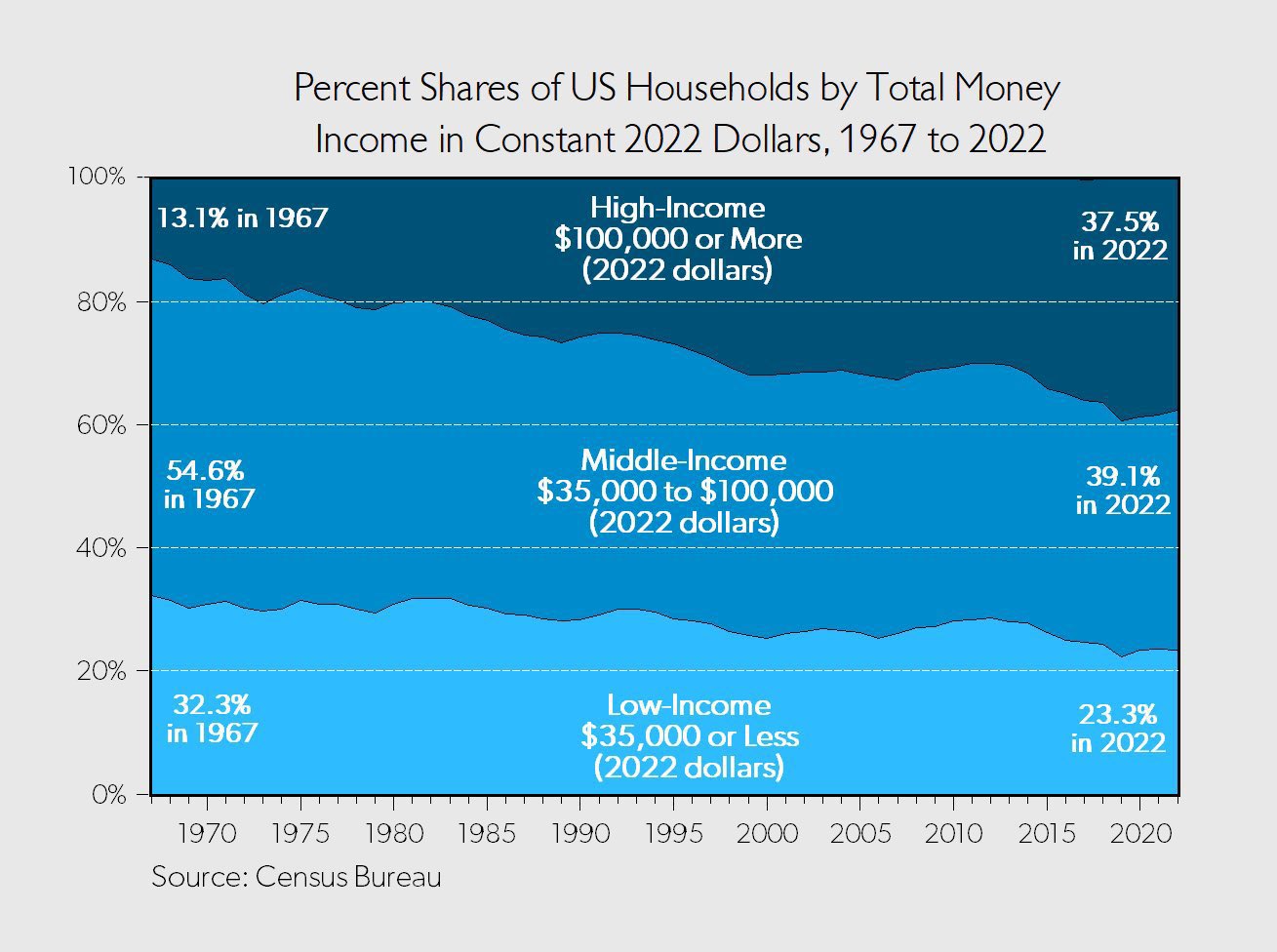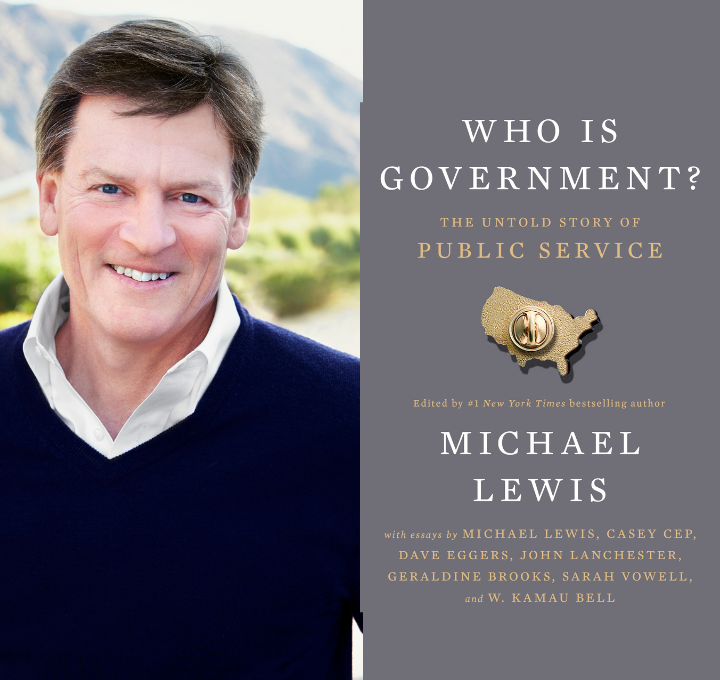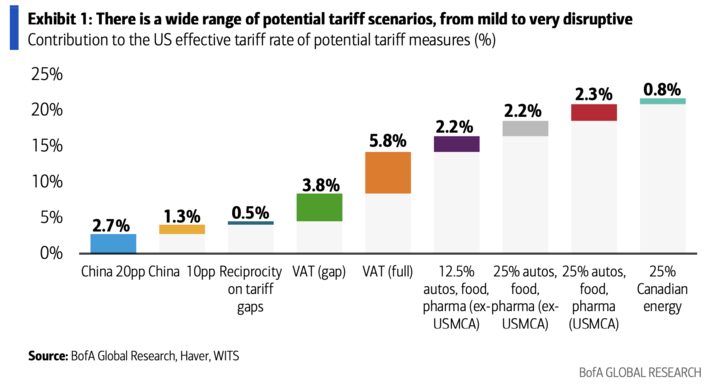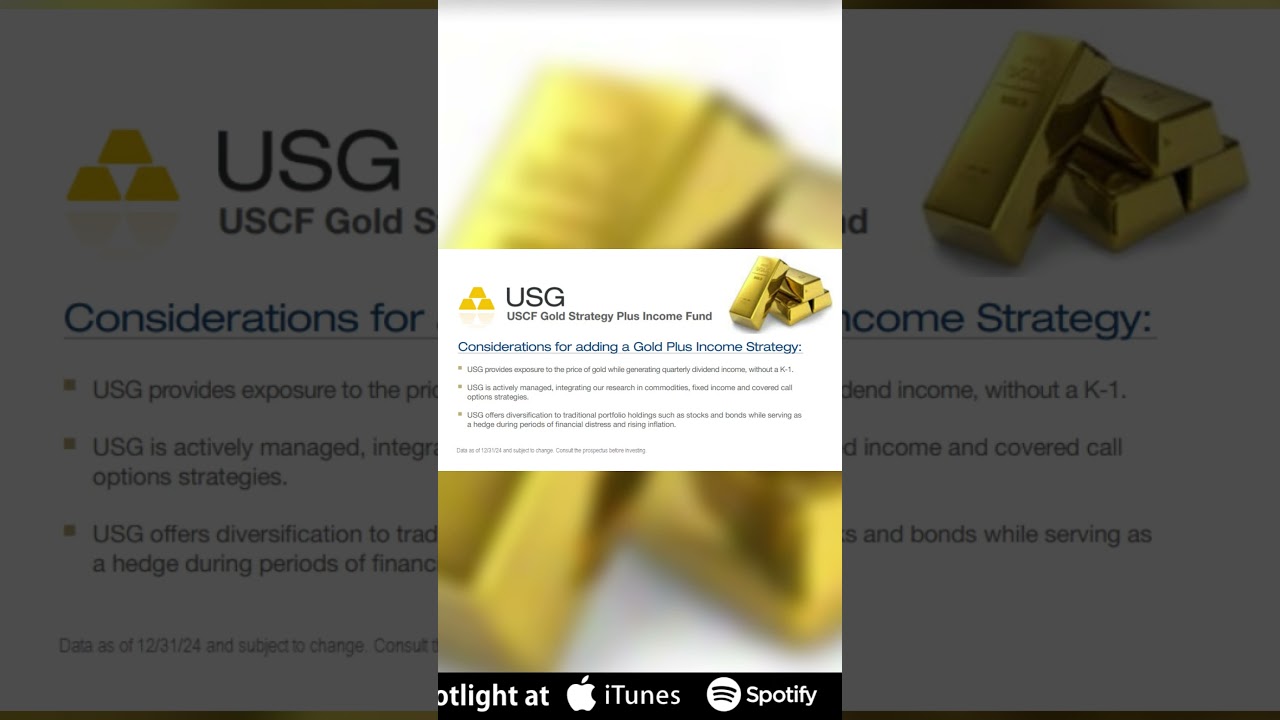How I Overcame A Divorce to Plan My Retirement
A divorce can take a big financial toll on you, let alone the emotional roller coaster ride you go on. Although the power dynamics in relationships are very different today than they were even just a decade or two ago, the husband in the relationship is more often than not the household breadwinner and is […] The post How I Overcame A Divorce to Plan My Retirement appeared first on 24/7 Wall St..

A divorce can take a big financial toll on you, let alone the emotional roller coaster ride you go on. Although the power dynamics in relationships are very different today than they were even just a decade or two ago, the husband in the relationship is more often than not the household breadwinner and is the one who tends to pay the most in a divorce.
While alimony is awarded less often than previously, men still generally pay 85% to 90% of the time while 2018 Census data shows 90% of child support payments are made by the father. Regardless of who is paying, a divorce can result in significant financial hardship, oftentimes for both parties. Almost 30% of divorced women with children end up in poverty.
Divorce can be unsettling, both emotionally and financially, and it can take years to recover.
Using a CPA can help get you back on track, but you may also need the help of a tax professional, which your CPA might even recommend.
To assess whether the tax advisor is right for you, here are some questions you should ask to see if he is a good fit.
Are you ahead, or behind on retirement? SmartAsset’s free tool can match you with a financial advisor in minutes to help you answer that today. Each advisor has been carefully vetted, and must act in your best interests. Don’t waste another minute; get started by clicking here here.(Sponsor)
Key Points
Plan for success
Climbing out of such a deep hole can be difficult, a situation brought to mind by a Redditor’s post on the r/retirement subreddit. He noted his divorce had virtually cleaned him out, but he rebuilt his nest egg to sustain him in retirement. He has worked with a financial planner to map out a strategy, but his pro recommended getting a tax advisor to review their plan to optimize it.
The Redditor already employs a Certified Public Accountant (CPA) for annual tax filings, but is uncertain about his suitability for advanced tax planning. With a net worth presumably substantial enough to warrant professional guidance, the question is how do you assess his expertise to ensure the Redditor’s retirement strategy aligns with tax efficiency.
The situation
The planner’s suggestion underscores a critical truth: tax planning extends beyond routine filings, especially for complex portfolios. The Redditor’s CPA handles his taxes competently, but specialization varies widely among practitioners. Some CPAs excel in high-volume returns for individuals while others focus on strategic tax planning, navigating capital gains, retirement distributions, or estate issues.
During tax season a CPA can be swamped with regular clients and might lack the bandwidth to fully undertake your nuanced needs. It calls for a tactful approach to evaluate his credentials or to seek a referral.
Step 1: Frame the inquiry professionally
Initiating this conversation shouldn’t offend or insult the CPA. Begin by showing appreciation for the work he’s done so far, then pivot to specifics: “Our financial planner suggested a tax advisor review for long-term strategies, things like Roth conversions or capital gains management. Is that an area you specialize in, or do you focus more on annual filings?”
This respects his expertise while clarifying his scope. If he’s stretched thin now, he’ll likely tell you. Busy CPAs often triage non-urgent queries until May.
Step 2: Look for experience, not just availability
Specialization matters more than time, so a whether he has worked with clients on tax-efficient retirement withdrawals or multi-year planning. It tests his depth without being judgmental. A planner-focused CPA might highlight cases, such as staggering gains to stay under tax brackets, while a filer might lean on compliance expertise.
CPAs who talk strategy over forms could better suit complex needs. If he balks or pivots to basic returns, he’s not the guy. Busy or not, his answer reveals whether he is a good fit. Tax season is a weak excuse if he is the right match year-round.
Step 3: Request a referral
If he’s not suited — or too slammed with business — ask for a lead without ruffling feathers. “Given your workload this season, would you recommend someone with a tax planning focus for us to consult now? We’d still love you for our filings.” This keeps him in the loop, sidesteps any potential offense, and leverages his network.
CPAs often refer out to others in the field and yours might point to a colleague who thrives on Roth ladders or trust taxes, saving you from a blind search. It’s a win-win as he stays a your filer, and you get tailored help.
Step 4: Timing is everything
March is crunch time as tax filings are due April 15, but don’t wait. Call or email now with a brief “quick question when you’re free,” which respects his schedule. If he is swamped, use it to get a referral: “Since you’re tied up, any planner recs?” Post-season, meet the new advisor to align with your fiduciary’s vision. A CPA missing this chance might not fit long-term anyway.
Why it’s worth the effort
Your planner’s nudge isn’t casual. Taxes can make or break a retirement. A large fee for planning can sting, but it pales if a CPA saves double that in taxes. Question your CPA smartly to find the right fit as your future is too big to wing it.
The post How I Overcame A Divorce to Plan My Retirement appeared first on 24/7 Wall St..






































































































































































